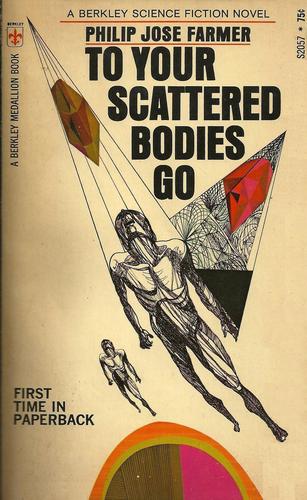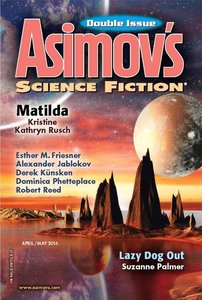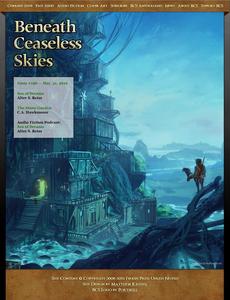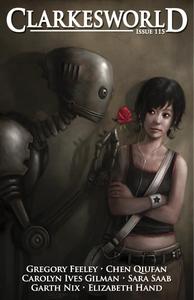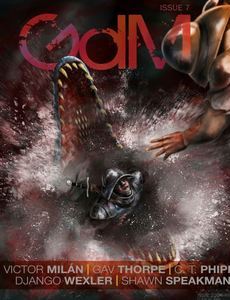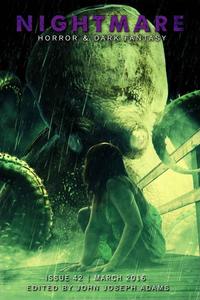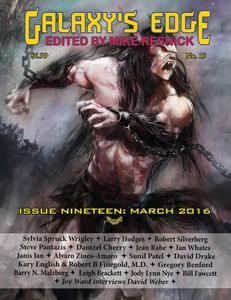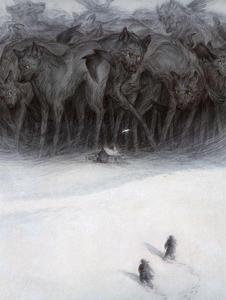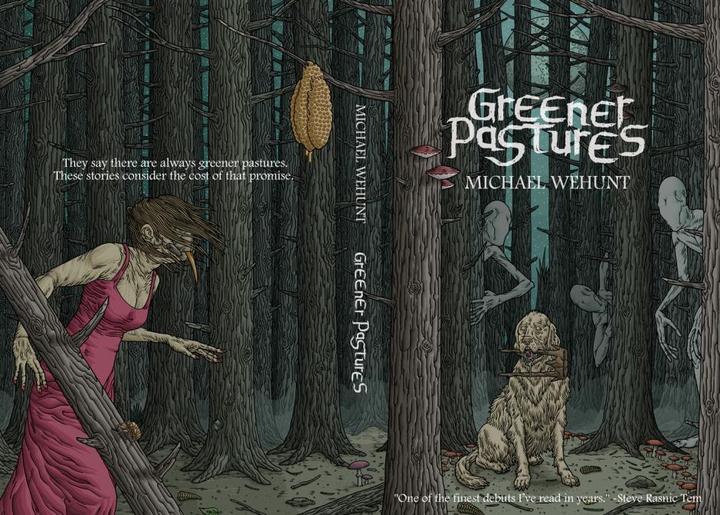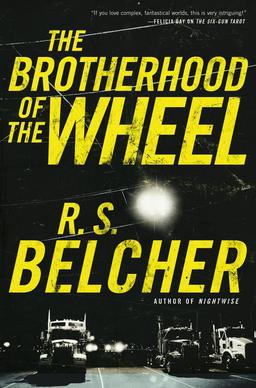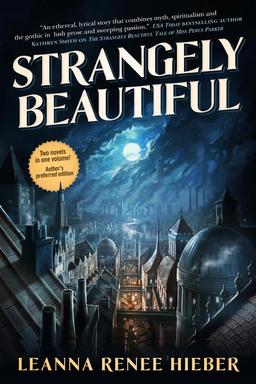Sci-ficionados: Our Insatiable Hunger for Stories, and What it Means for the Human Race
 Fans of science fiction and fantasy tend to have an innate curiosity, one that is not sated simply by day-to-day life and the world as it is. They cannot content themselves with the rote script written for them.
Fans of science fiction and fantasy tend to have an innate curiosity, one that is not sated simply by day-to-day life and the world as it is. They cannot content themselves with the rote script written for them.
There are people all around who are content simply to go to school, get a job, have a family, raise kids to follow the same formula, retire. And some of these people are well informed — they read the news to see what’s going on. They have hobbies. They like to be entertained — they watch sitcoms to have a laugh at the status quo. They may even watch some of those movies with zombies and giant robots and superheroes to let a little bit of their imagination off the leash: what if this predictable old world were shaken up by something like that?
But the real sci-ficionados, they aren’t content with an occasional, half-winking excursion into the game of what-if before settling back down onto the landing pad of Reality. Because they recognize, deep down, that this is not the only possible world, and that this so-called reality is also utterly strange. They want to know about nano-tech and parasites and the Inquisition and how and why homo sapiens developed a larger prefrontal cortex and what the hell are dreams anyway? And a hundred, a thousand, a million other things. Why is this society the way it is, and is it foreordained that we must follow this script?



